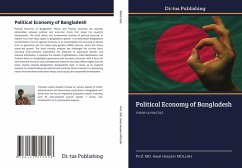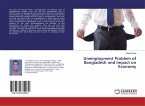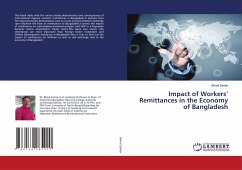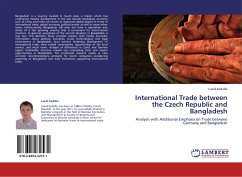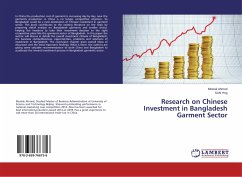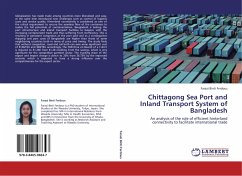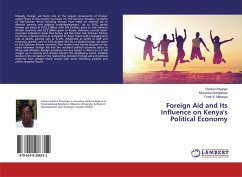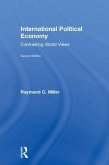Political Economy of Bangladesh: Theory and Practice examines the dynamic relationship between political and economic forces that shape the country's development. The book delves into fundamental theories of political economy to explore how their ideas apply to Bangladesh's growth. It contextualizes Bangladesh's transformation from an agrarian economy to an industrialized one, focusing on sectors such as agriculture and the ready-made garment (RMG) industry, which has driven export-led growth. The book critically analyzes key challenges the country faces, including socio-economic inequalities, the pressures of population growth, and resource distribution. It explores the impacts of globalization, trade liberalization, and financial flows on Bangladesh's governance and economic structures. With a focus on both historical evolution and contemporary relevance, this book offers insights into the policy choices shaping Bangladesh's development path. It serves as an essential resource for understanding how political and economic factors intersect in a developing nation and how these interactions impact social equity and sustainable development.
Bitte wählen Sie Ihr Anliegen aus.
Rechnungen
Retourenschein anfordern
Bestellstatus
Storno

